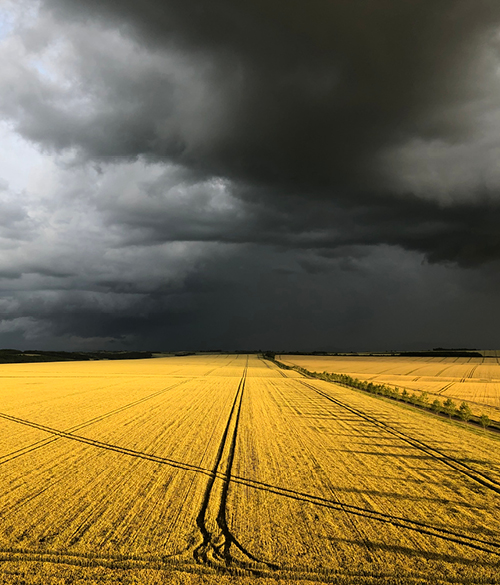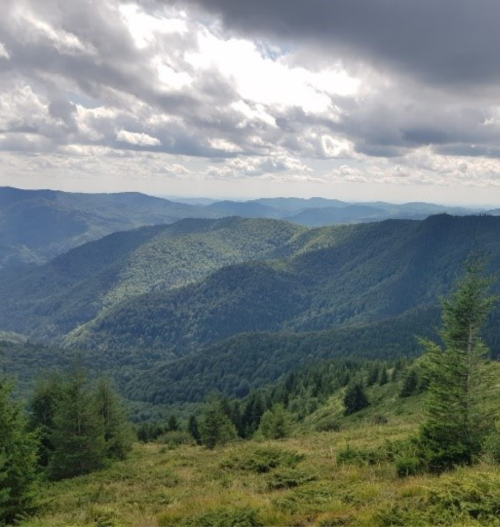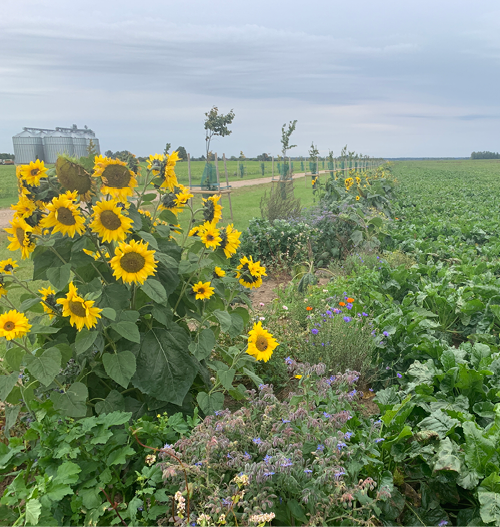Farming for the climate
We kicked off the UN’s Decade of Action by challenging ourselves to become climate positive farmers by the year 2030.
As owners and stewards of the land it is our responsibility to act and create change in how we farm. Not only to reduce and mitigate emissions, but also to lock carbon back into our soils, trees and plants.
In 2019, we launched a cornerstone goal for a better future for farming: aiming for climate positive farms by 2030. This means our farms will have positive net effects on the climate by drawing down and storing more CO2-e than they release.
Challenges
However, the challenges we face are many. Our most immediate hurdle is completing a company-wide greenhouse gas (GHG) inventory of scopes 1, 2 and 3. Our diversity across countries and productions (growing 52 crops, meat, wool, dairy and timber, plus integrated arable and grazing farms) has created a labyrinth of accounting pathways, data and benchmarking that we are working through. The process is also impeded by the lack of internationally agreed carbon accounting standards for farming, plus emerging science to support modelling of CO2e – especially with soil and pasture sequestration.
Opportunities
Along the journey of measuring our production footprints, we are learning much about the interplay of carbon, soils, animals and nature. By creating GHG assessments of our major crops in the Cool Farm Tool, our farm managers are gaining insight into what within the production generates the most emissions. They can also see how their soil management through reducing tillage, cover cropping, diversifying rotations and planting trees drives carbon sequestration.





